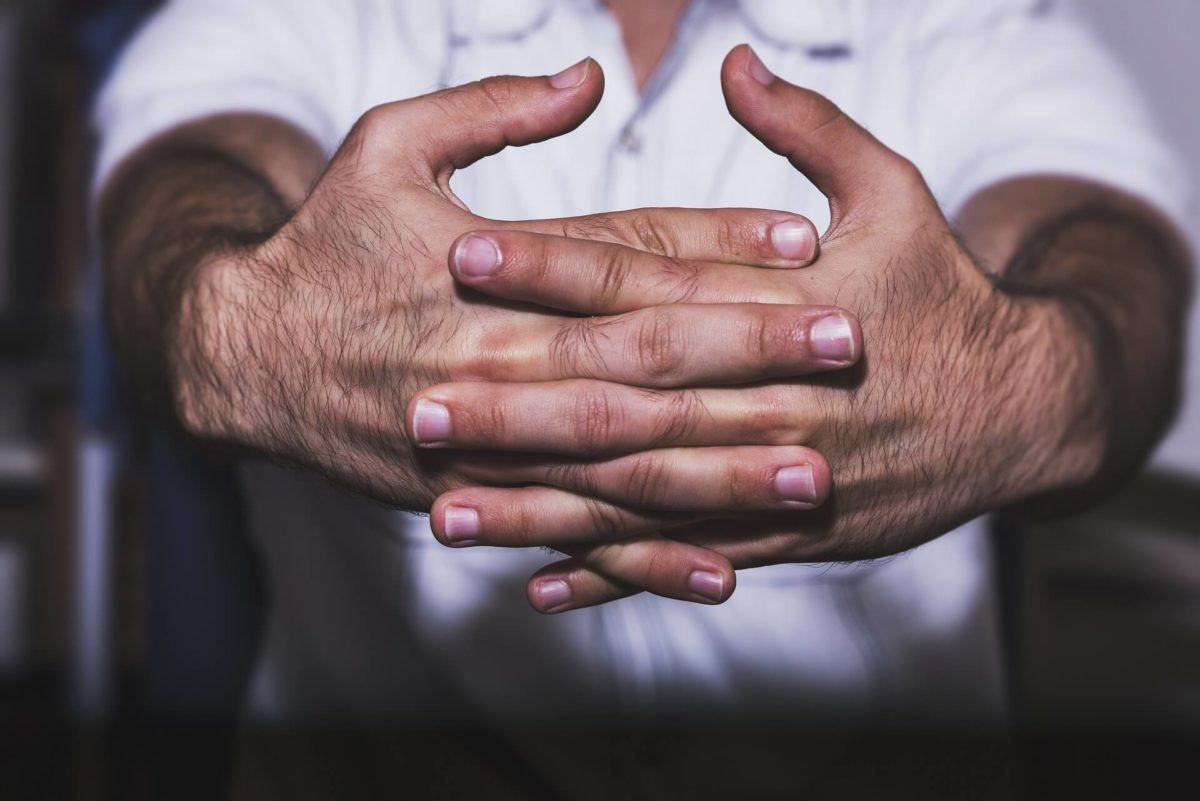Straight to the point: Knuckle cracking is probably not as bad as they say, and that’s the general consensus among researchers as of today.
Yes, other people might still cringe and yell, “Stop doing that!” But the habit is probably not as detrimental to your joints and fingers as others would have you think. The rumors of the dangers of knuckle cracking are greatly exaggerated.
The possibilities that cracking your knuckles leads to arthritis and that it causes your joints to swell are most likely false myths, but there may be some truth to them. More research is needed, but as far as researchers have found at the present time, cracking your knuckles doesn’t signal the end of the world.
What Happens When You Crack Your Knuckles
To start with, many people may wonder: “Well, why do our knuckles crack anyway? What makes us feel the need to pop the joints?”
Basically, when you pop your knuckles, you’re popping a gas bubble. It’s similar to the sound of popping a balloon or bubble wrap.
When you stretch your joints, you release gas, and that gas forms a bubble in the lubricating synovial fluid between your joints. That bubble can then pop and collapse, either on its own or when you pop your joint intentionally.
That’s why you typically can’t crack a knuckle more than once. It takes about 20 minutes for that gas to return and form a bubble. (Bet you didn’t know that little fact, huh? We virtually saw the light go off in your head just now.)
In addition to causing arthritis, another myth is that knuckle cracking makes your knuckles larger. You know the one: “Don’t crack your knuckles, or you’ll never be able to wear a ring!” That hasn’t been found to be true either.
The Other Kind of Popping
The sound you hear when you intentionally crack your knuckles due to that bubble of gas is different than the popping you occasionally hear when you stand up from a seated position or crouch down to pick something up off the ground.
That popping, typically in your knees, ankles, or hips, may be the sound of tendons sliding between muscle or over the bones. That kind of sound could be related to osteoarthritis, which occurs when the lubrication between your joints begins to wear away, but it may happen in perfectly healthy joints as well.
Want to Hear More?
Bottom line: Although constantly cracking and popping your knuckles can annoy those around you, doing so is not that bad, and it has not been proven to lead to arthritis or create huge knuckles.
In fact, a Nobel-prize winning researcher, Donald Unger, made himself the subject of a case study in this regard. He popped the knuckles on one hand for 60 years, but not the other. In the end, he didn’t have any more arthritis in one hand than the other.
If your joints ache when they pop or you are concerned about your condition, however, you may wish to make an appointment to see Dr. Arora in West Bloomfield, Macomb, Warren, or Howell for an examination.
As for why you’re constantly cracking your knuckles as a nervous habit, well that’s a different discussion for another day.













